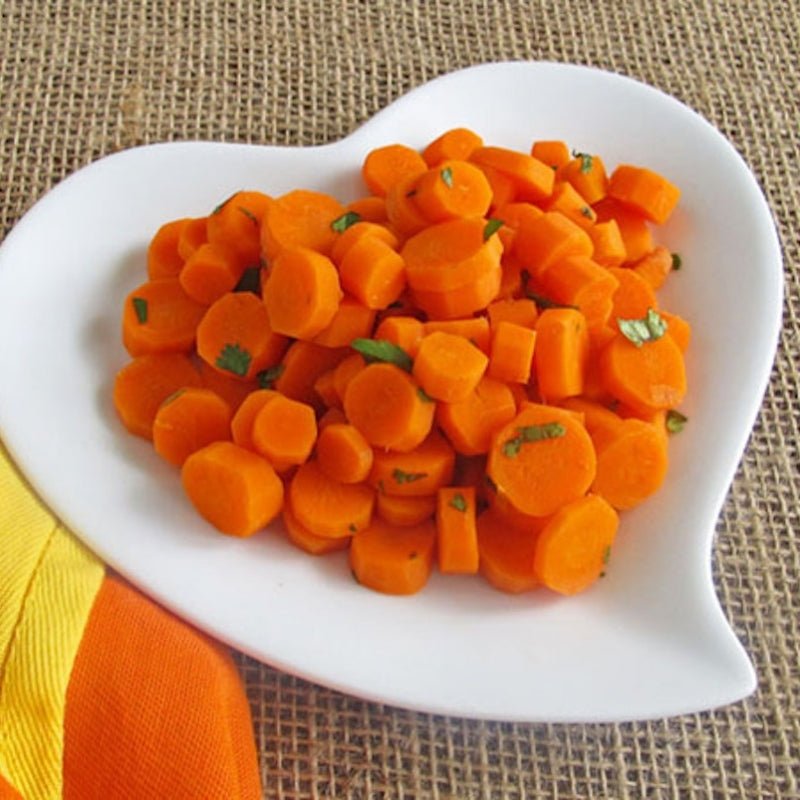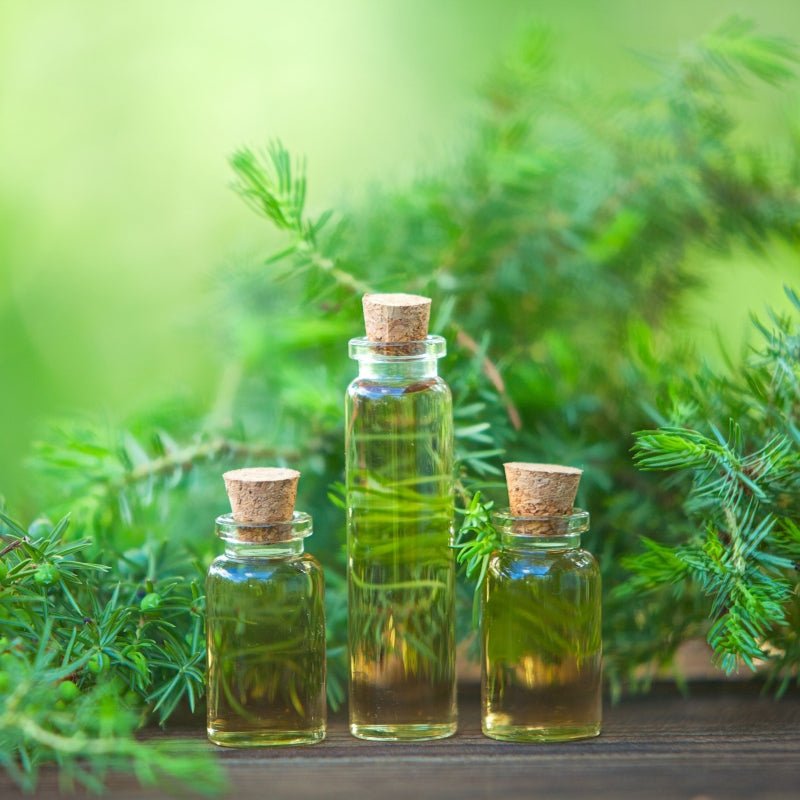
What is exfoliation and how often should you do it?
What is exfoliation and how often should I do it?
Exfoliation is the removal of dead skin cells from the surface of your skin. It can be done manually with a scrub or chemically with a peel. Exfoliation leaves your skin looking brighter, smoother and younger. You should exfoliate 1-2 times a week.
Exfoliation is important because it helps remove the build-up of dead skin cells on the surface of your skin. This build-up can make your skin look dull and lead to clogged pores and breakouts. Exfoliating regularly will help to keep your skin looking its best.
Types of exfoliation-manual vs chemical
There are two types of exfoliation-manual and chemical.
Manual exfoliation is the most common type. It involves using a scrub or cloth to remove dead skin cells from your skin manually. Manual exfoliation can be done at home using various scrubs and cloths.
Chemical exfoliation is less common but can be more effective. It involves using a chemical peel to remove dead skin cells from your skin. Chemical peels can be done at a salon or spa.
How often should I exfoliate for best results?
Most people should exfoliate 1-2 times weekly for the best results. However, you may need to exfoliate more often if you have dry skin. Also, you may need to exfoliate once a week if you have oily skin. However, exfoliating too often can damage your skin, so be sure to follow directions on any product you use.
Best practices for exfoliating
Exfoliating can be a great way to keep your skin looking its best, but it’s essential to do it correctly. Here are some tips for getting the most out of your exfoliation routine:
- Be gentle. Exfoliating is meant to remove dead skin cells, not damage your skin. So be gentle when scrubbing or using a chemical peel.
- Don’t overdo it. Only exfoliate 1-2 times a week. Exfoliating too often can irritate your skin and cause more damage than good.
- Choose the right product. There are a lot of different exfoliants on the market. Choose one that is right for your skin type.
- Follow the directions. Be sure to follow the directions on any product you use. Exfoliating too often or using too much product can damage your skin.
- Moisturize afterwards. After exfoliating, moisturise your skin to help keep it hydrated.
Exfoliating can be a great way to keep your skin looking its best. By following these tips, you can get the most out of your exfoliation routine and keep your skin looking healthy and radiant.
Benefits of exfoliation
Exfoliating has several benefits for your skin. It can help to:
- Remove dead skin cells
- Improve the appearance of your skin
- Reduce the appearance of fine lines and wrinkles
- Reduce the appearance of dark spots
- Even out your skin tone
- Make your skin feel softer and smoother
Products to use for exfoliation
There are a variety of different exfoliation products that you can use at home. Some of the most common are:
Scrubs
Scrubs are one of the most common types of manual exfoliants. They come in various forms, including gels, creams and oils. Scrubs typically contain small, abrasive particles that help remove dead skin cells.
Clothes
Clothes are another type of manual exfoliant. They are often made from natural fibres like cotton or linen and can be used with water or a cleanser. Cloths can be used to scrub your skin gently or to remove makeup.
Peels
Peels are a type of chemical exfoliant. They use various acids to remove dead skin cells from your skin. Peels can be done at a salon or spa.
Toners
Toners are another type of chemical exfoliant. They typically contain glycolic acid or lactic acid, which helps remove dead skin cells and improve the appearance of your skin.
Masks
Masks are an exfoliant that can be used on your face or body. They typically contain ingredients like clay or charcoal, which help absorb excess oil and remove impurities from your skin.
When choosing an exfoliation product, it’s important to choose one that is right for your skin type. For example, if you have sensitive skin, be sure to select a product that is designed for sensitive skin. If you have acne-prone skin, be sure to choose a product that is non-comedogenic and won’t clog your pores.
It’s also important to follow the directions on any product you use. Exfoliating too often or using too much product can damage your skin. If you have any concerns about using an exfoliation product, speak to a dermatologist.
Conclusion
At Q7 Paris, we are dedicated to providing the best exfoliating products available. We understand that exfoliation is an important part of a healthy skincare routine, and we want to ensure that our products are effective and easy to use. However, we also believe that exfoliation should be gentle enough for everyday use, and our products are designed with this in mind.
If you’re looking for a gentle, effective exfoliant, look no further than Q7 Paris. Our products work well with all skin types and can be used daily. Check us out today to learn more about our products or to place an order.

